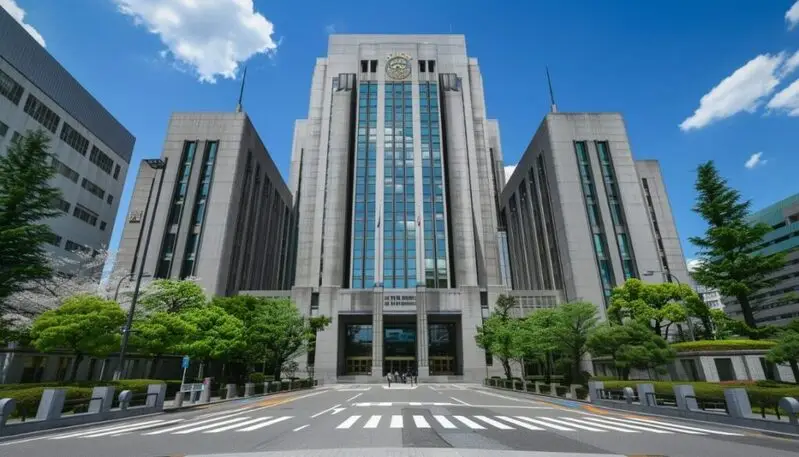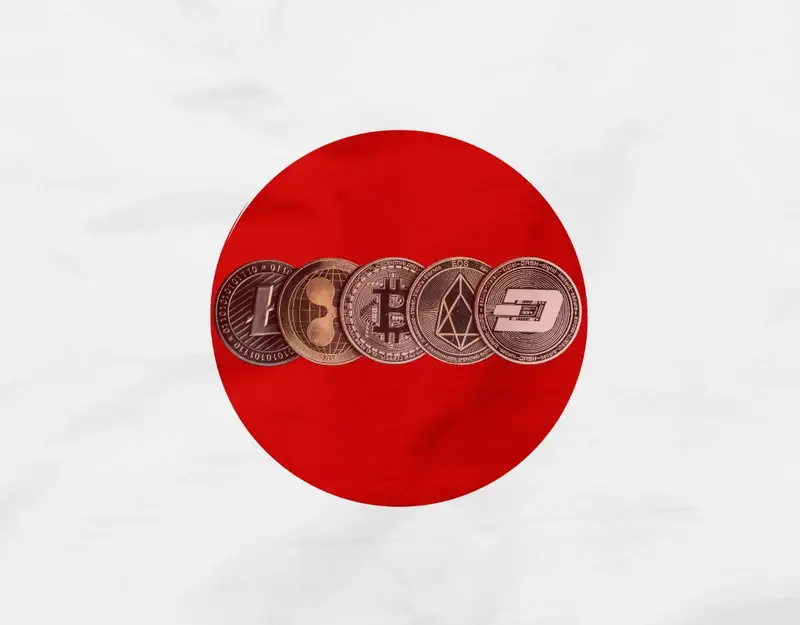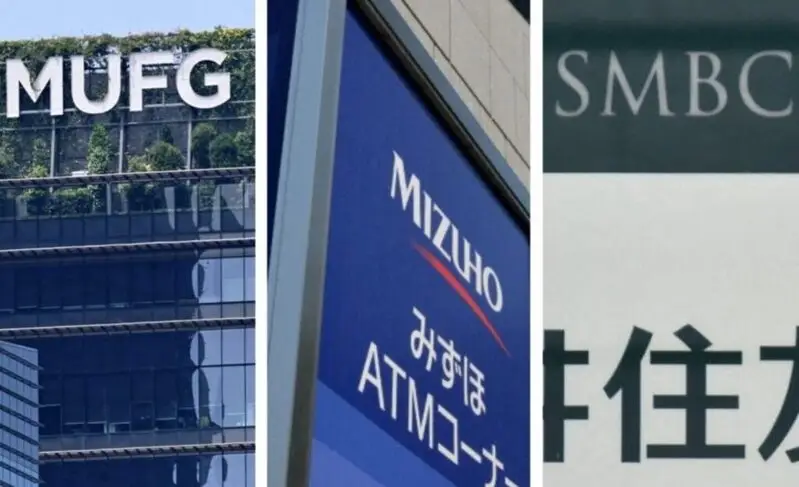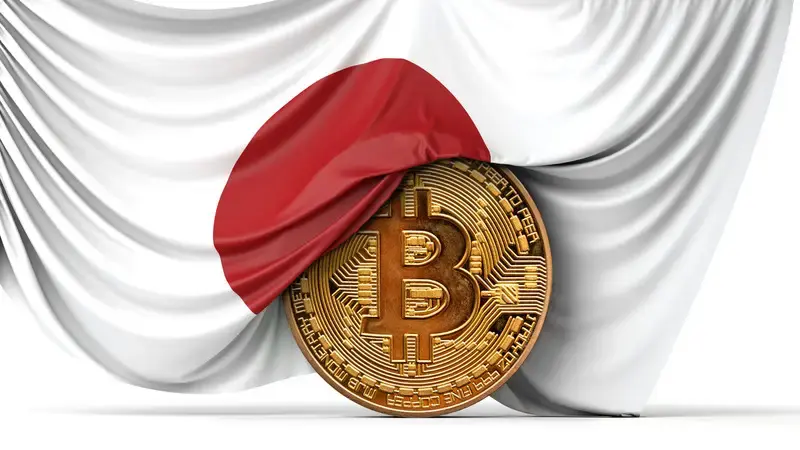Japan crypto regulation is entering a new phase right now, as the Financial Services Agency is actually considering letting banks buy, hold, and even trade cryptocurrencies like Bitcoin. This potential Japan crypto regulation reform could enable Japanese banks crypto operations to expand in ways that weren’t possible before, with FSA crypto policy discussions expected to begin soon. The move signals growing Bitcoin adoption in Japan and could grant crypto trading approval to traditional financial institutions.
FSA’s Crypto Policy Could Boost Bitcoin Adoption Among Japanese Banks

The Financial Services Agency is reportedly preparing to discuss some regulatory revisions that would allow banks to purchase and hold digital assets for investment purposes, according to a report from Livedoor. The Financial System Council, an advisory body to the Prime Minister, expects to kick off these discussions as part of ongoing Japan crypto regulation developments.
Right now, current supervisory guidelines from 2020 effectively prohibit banks from holding crypto for investment due to concerns about volatility risks and also potential losses. This FSA crypto policy shift would mark a significant change in how Japanese banks crypto services are actually structured. The regulator has historically been cautious about digital asset oversight—an FSA spokesperson previously stated regarding stablecoins:
“This does not mean that all foreign products of so-called ‘stablecoins’ will be allowed without any restriction.”
This careful approach reflects Japan’s commitment to balancing innovation with investor protection, even as Bitcoin adoption in Japan continues to grow. Key factors like Japan’s evolving crypto regulation will shape this balance moving forward.
Banks As Licensed Crypto Exchanges

Beyond just holding assets, the FSA crypto policy review also considers allowing banks to register as licensed cryptocurrency exchange operators. This would enable Japanese banks to operate crypto platforms under new Japan crypto regulation standards, offering trading along with custody services directly to customers.
Japan has long been a crypto hub, with the now-defunct Mt. Gox exchange headquartered in Tokyo. The infamous hack that led to Mt. Gox’s 2014 closure resulted in stricter oversight, though. Despite past challenges, the crypto market continues to expand rapidly. Japan’s crypto regulation situation is interesting. As of February 2025, Japan registered over 12 million crypto accounts—roughly 3.5 times higher than five years ago. This growth demonstrates sustained Bitcoin adoption in Japan and creates some pressure for updated FSA crypto policy.
Also Read: Japan’s Megabanks Launch Stablecoins to Power Global Corporate Payments
Major Banks Already Moving Forward

Japan’s three megabanks—Mitsubishi UFJ Financial Group, Sumitomo Mitsui Banking Corp., and also Mizuho Bank—have already joined forces to issue stablecoins pegged to the Japanese yen and U.S. dollar. This shows that Japanese banks’ crypto ambitions are already in motion, even before formal crypto trading approval for broader digital assets under Japan’s crypto regulation.
Capital and risk-management requirements will likely be imposed by the FSA before banks are allowed to hold digital assets. At the time of writing, the timing of these developments suggests that Japan crypto regulation is responding to both domestic market growth and global competitive pressures, as banks would need to demonstrate they can handle wild price swings.
Also Read: Citigroup, Goldman Burned in $2.6B Trade as Japan’s MUFG Takes Hit






